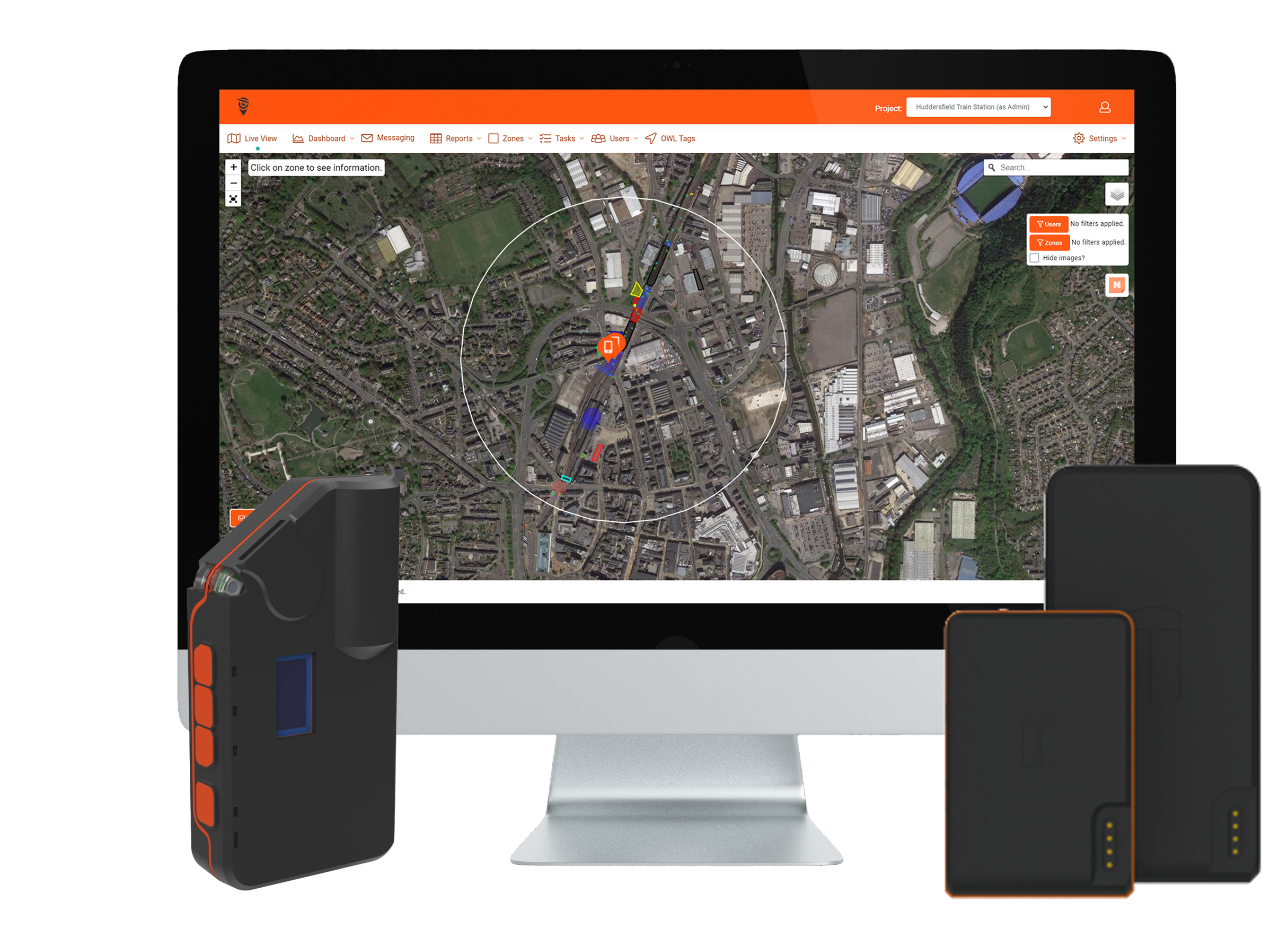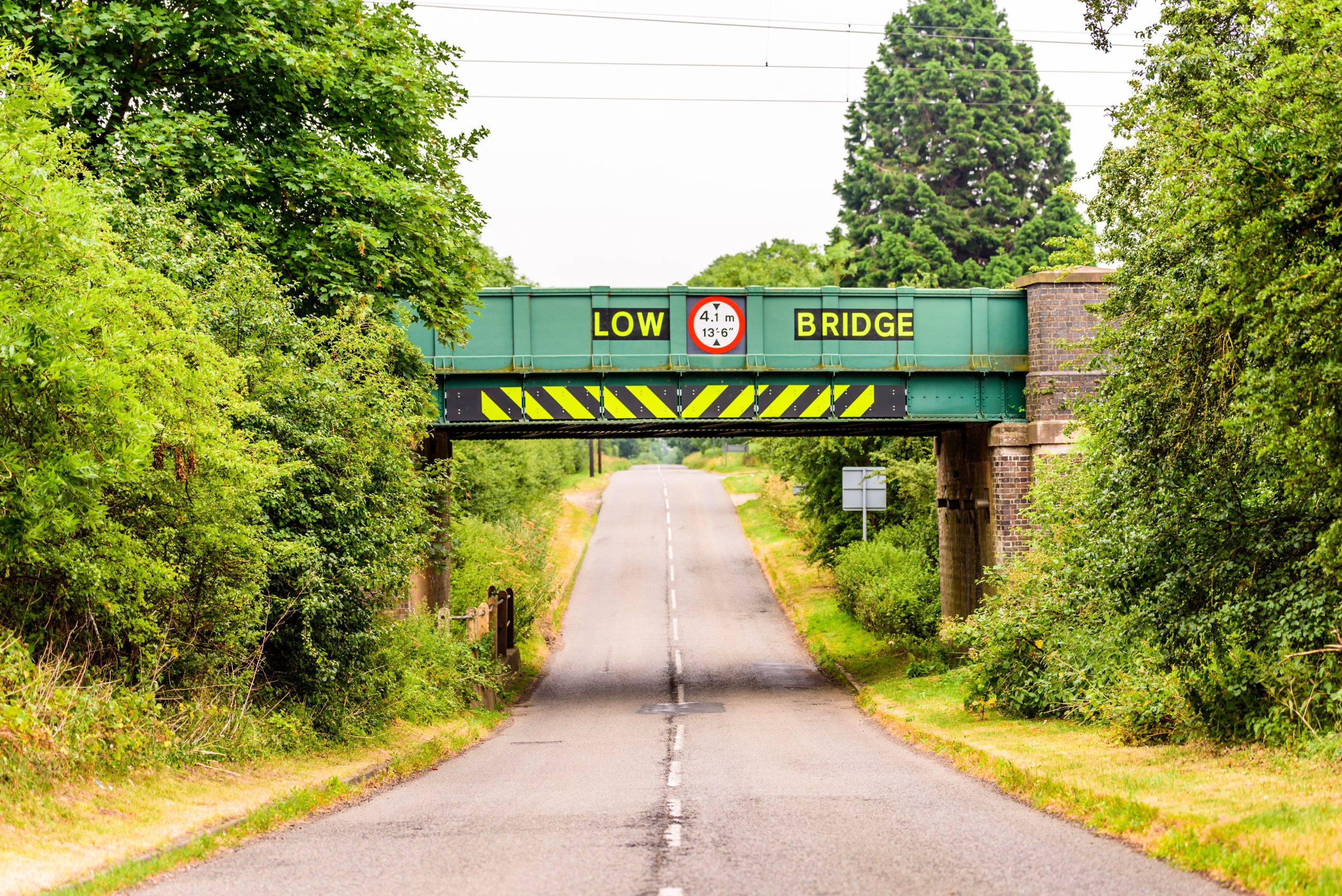Previously, there weren’t any federal minimum standards for hours of service or fatigue risk management programmes. The Federal Railroad Administration (FRA) reported that human factors are responsible for nearly 40% of all train accidents, and the FRA confirmed that fatigue plays a role in approximately one out of four of those accidents. To help with this the FTA (Federal Transit Administration) has introduced a new initiative to improve safety for rail workers nationwide and prioritise rail worker safety. This proposal was announced on March 22, 2024.
Transit agencies must now follow strict safety protocols to protect workers on and near railway tracks. This regulation applies to all rail agencies in the country, aiming to ensure worker safety in transit operations. The proposed rule would create the following requirements for rail transit agencies:
- Adopt and implement a Roadway Worker Protection (RWP) Program to improve worker safety consistent with Federal and state safety requirements. “Roadway” is a term describing the area on and along the tracks.
- Establish minimum RWP program elements, including job safety briefings, lone worker protection, and good faith safety challenges.
- Document RWP programs in a manual that includes a track access guide.
- Implement an RWP training program that addresses all transit workers responsible for on-track safety by position
Transportation Secretary Pete Buttigieg supports this initiative, highlighting the importance of providing a secure environment for railway maintenance workers. The proposal, backed by statistical data on rail worker incidents, is expected to reduce risks and protect lives.
FTA Acting Administrator Veronica Vanterpool believes this proposal can make a significant impact by implementing protection programs and training protocols. Stakeholder feedback is welcomed until May 24, 2024, as the FTA moves toward implementing these crucial safety measures.






